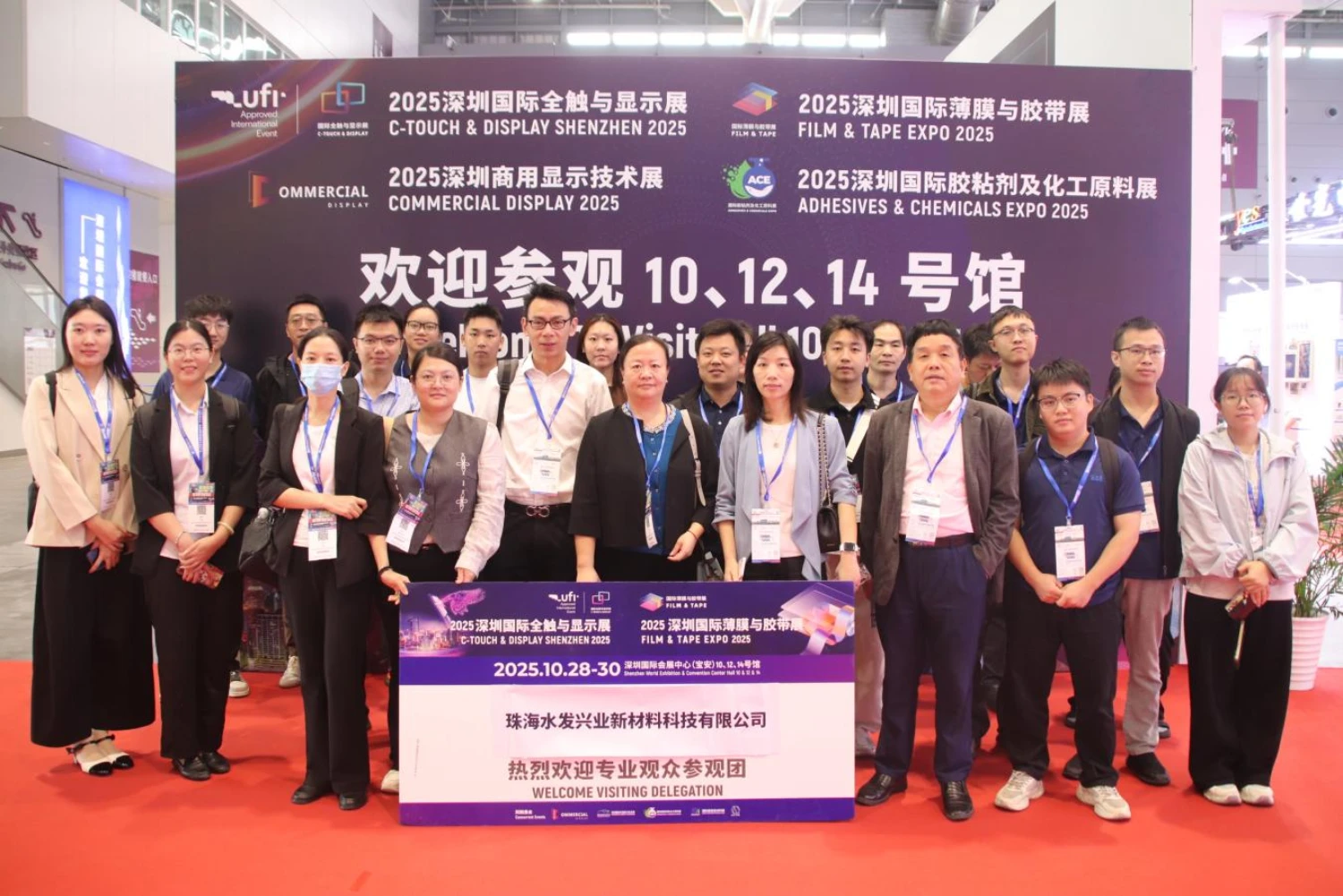The Sustainable Choice: Unveiling the Superiority of Recycled Products
In today's world, where environmental concerns are at the forefront of global discussions, the importance of sustainable practices cannot be overstated. One such practice that has gained significant traction is recycling. Recycling not only helps reduce waste and conserve resources but also offers a range of benefits that make recycled products a superior choice. In this article, we will delve into the reasons why recycled products are better, exploring their environmental, economic, and social advantages.
- Environmental Benefits:
Recycled products contribute to a healthier planet by minimizing the extraction of raw materials and reducing energy consumption. By utilizing recycled materials, we can conserve natural resources, such as timber, water, and minerals, which would otherwise be depleted through traditional manufacturing processes. Additionally, recycling reduces the amount of waste sent to landfills, mitigating pollution and greenhouse gas emissions. - Energy Efficiency:
The production of recycled products requires significantly less energy compared to manufacturing new ones from virgin materials. For instance, recycling aluminum saves up to 95% of the energy required to produce it from bauxite ore. This energy efficiency not only reduces carbon emissions but also helps conserve fossil fuels, which are finite resources. By choosing recycled products, we can contribute to a more sustainable and energy-efficient future. - Economic Advantages:
Recycling presents economic benefits at various levels. Firstly, it creates job opportunities in the recycling industry, from collection and sorting to processing and manufacturing. These jobs contribute to local economies and foster sustainable growth. Moreover, recycling reduces the costs associated with waste management, as recycling facilities often offer more cost-effective solutions than landfill disposal. Additionally, the demand for recycled materials drives market competitiveness, encouraging innovation and investment in recycling technologies. - Quality and Durability:
Contrary to common misconceptions, recycled products often exhibit equal or superior quality compared to their non-recycled counterparts. Advanced recycling technologies have significantly improved the quality and durability of recycled materials, making them suitable for a wide range of applications. Whether it's recycled paper, plastic, or metal, these products undergo rigorous testing to ensure they meet or exceed industry standards. By choosing recycled products, consumers can enjoy high-quality goods while contributing to a sustainable future. - Social Impact:
Recycling fosters a sense of environmental responsibility and community engagement. By actively participating in recycling programs, individuals and communities can make a tangible difference in reducing waste and conserving resources. Moreover, the recycling industry promotes inclusivity and diversity by providing employment opportunities for a wide range of individuals, including those from marginalized communities. Supporting recycled products not only benefits the environment but also contributes to social progress.
Conclusion:
The superiority of recycled products is evident from their numerous environmental, economic, and social advantages. By choosing recycled goods, we can actively contribute to a more sustainable future, conserve resources, reduce pollution, and support local economies. Embracing recycling as a way of life empowers individuals and communities to make a positive impact on the planet. Let us embrace the sustainable choice and opt for recycled products, paving the way for a greener and more prosperous future.



